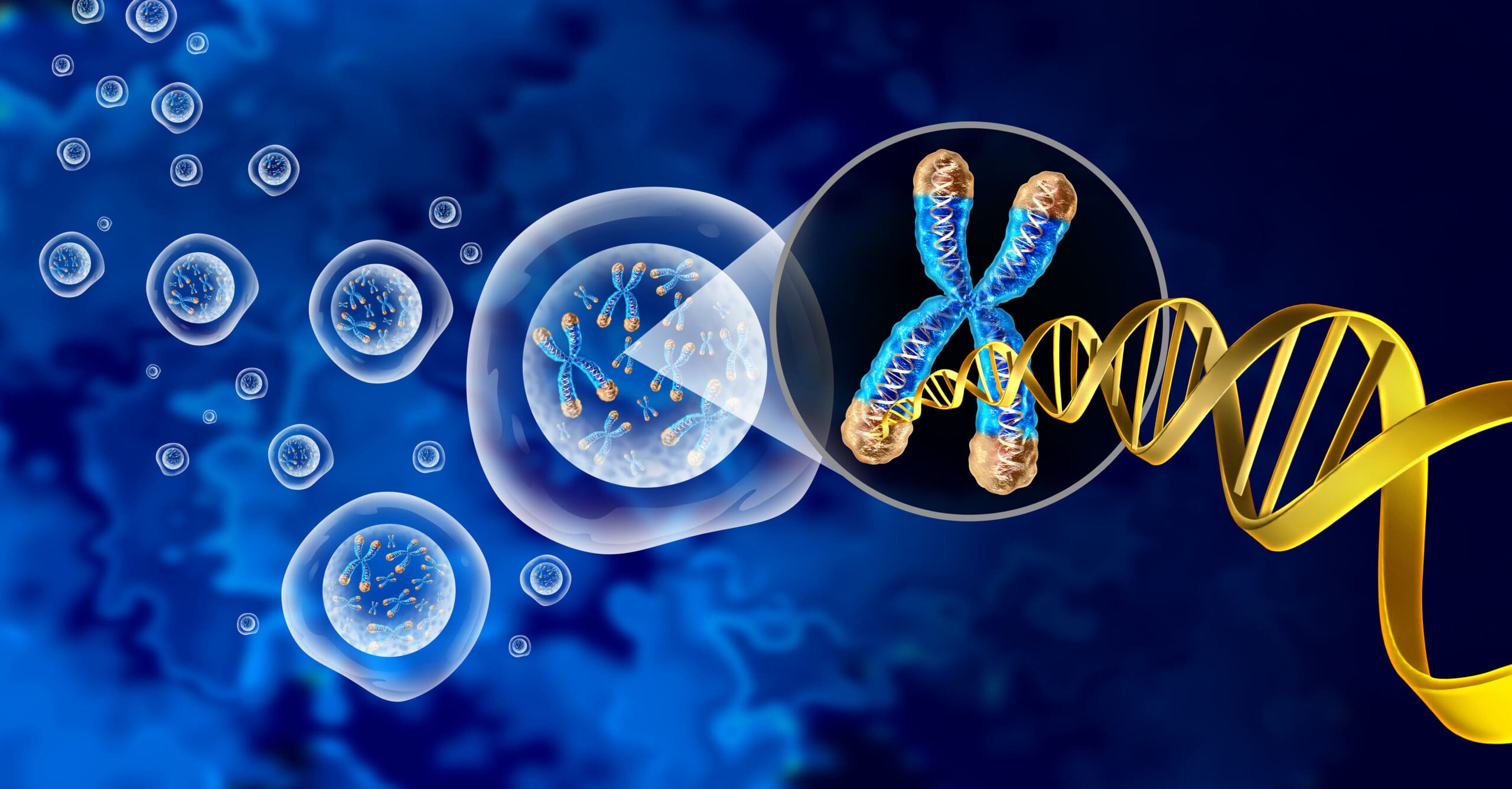Surprising finding in children with learning difficulties
By naturopath Margaret Jasinska
Does your child struggle with their attention span? Are they easily distracted and find it hard to sit still? Health problems could be responsible. Learning difficulties are extremely common in children. We don’t have a lot of figures on the incidence because there is a wide spectrum and many children remain undiagnosed. With most children being home schooled at the moment, some parents are getting first hand experience of their child’s struggles. Recent research has shown that children with high blood pressure are at much greater risk of learning difficulties.
Data was collected on 201 patients between the ages of 10 and 18 years at the University of Rochester Medical Center for three years. Researchers found that among the children with high blood pressure, 28 percent of them had learning disabilities, compared to only 9 percent of children with normal blood pressure. According to the International Pediatric Hypertension Association, up to 5 percent of children have primary hypertension. Primary means the blood pressure is not caused by another disease (secondary hypertension). Obese children have a 3 fold higher risk of developing high blood pressure. We may see a lot more high blood pressure among children in the coming years. Despite being routinely used on children, a number of commonly used medicines for high blood pressure are ineffective in children. It is also worrying to realise that there are no studies on the long term effects of these drugs on growth and development in children.
Tips to help your child’s health
If your child is experiencing learning or concentration difficulties, it is essential that you have their blood pressure checked. High blood pressure and learning difficulties share many common causes. These include:

High sugar diet
Sugar raises blood pressure far more than salt. Most people do not realise this. Sugar and high carbohydrate foods such as breakfast cereals and things made of flour cause the pancreas to release a lot of insulin. Insulin promotes abdominal weight gain, fluid retention, and the constriction of arteries; all of which raise blood pressure. The consumption of sugar also promotes an unstable blood sugar level, and this leads to an energy crash, sleepiness, and difficulties concentrating.

Mineral deficient diet
Our modern food supply is often very mineral deficient. Our soils are deficient in many minerals; therefore, they do not end up in our foods. Also processed and refined foods, such as those made from white flour and white rice are devoid of minerals. High sugar diets cause excessive loss of chromium and magnesium through the urine. Both of these nutrients are vitally important for helping to maintain a stable blood sugar level.

Magnesium insufficiency is extremely common
Magnesium-rich foods include green leafy vegetables, nuts, seeds, and whole grains; not foods commonly consumed by a lot of children. Magnesium helps to relieve sleeplessness. Children who don’t sleep well are likely to have poor concentration and motivation the next day.

Obesity and lack of exercise are common problems
Being overweight increases the risk of high blood pressure because fat cells produce inflammatory chemicals that promote constriction of arteries. Fat cells in the abdominal area are particularly problematic. Obese children are more likely to have social and emotional difficulties, and they can have a devastating effect on learning ability. Exercise not only promotes an ideal body weight, it also greatly improves concentration and releases pent-up stress.

Insufficient vitamin D
Insufficient vitamin D can contribute to high blood pressure. Ask your doctor for a vitamin D blood test for your child. Many children don’t get enough of this vitamin because they spend most of their time indoors and are well covered with sunscreen and a hat while outside. Safe, sensible sun exposure can help raise vitamin D.

Deficiency of beneficial fats
Most children do not eat enough fish in order to obtain sufficient omega 3 fats. Even if your child does eat oily fish regularly, a lot of the seafood available now has been farmed. This means it’s deficient in omega 3 fats. These fats help to maintain healthy blood pressure and a healthy weight, but they are also critically important for brain development and learning.

Lack of fresh fruit and vegetables
Most children don’t eat enough fresh vegetables and fruit; neither do most adults. Giving your child more fresh food will mean there is less room in their tummy for high sugar and high-fat snacks. This means it will be easier to control their weight. The antioxidants, vitamins, and minerals in fresh produce all help to optimise energy levels and learning abilities.
By implementing these strategies, you will help your children improve not only their health but also their intellectual potential and future happiness.









Our granddaughter is autistic and eats a very limited diet
Any suggestions?
Hello Di,
Animal foods are the most nutrient dense, per gram, so hopefully she eats some in her limited diet.
The specific nutrients mentioned in the article may need to be taken in supplement form as well.
Kind regards,
Margaret